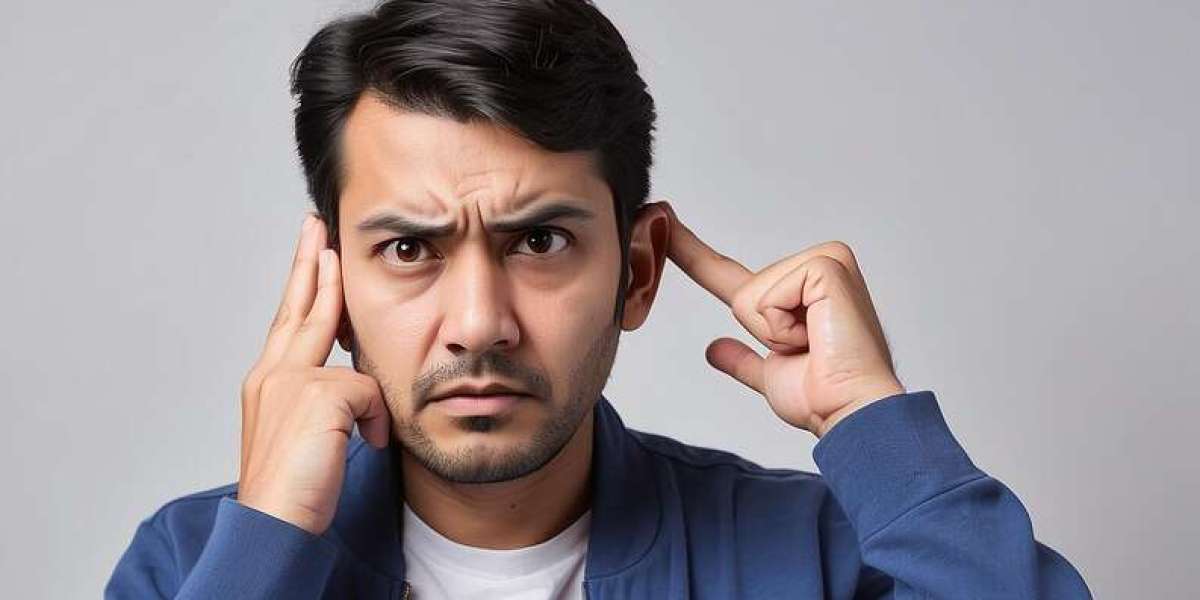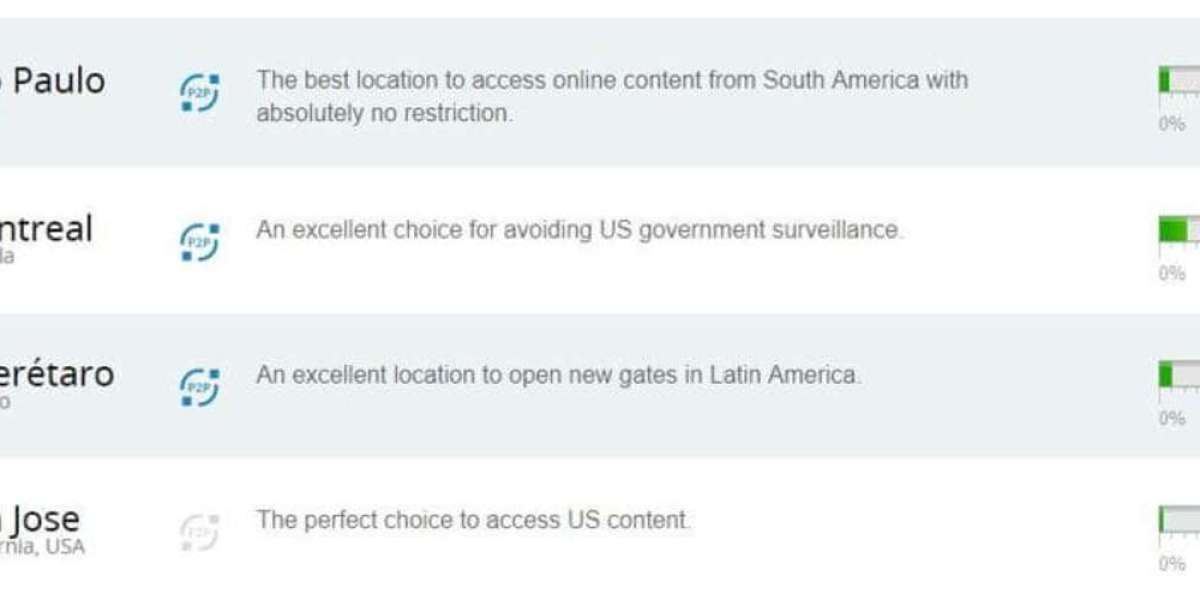Have you ever wondered, "why do my ears keep popping?" Whether it happens while traveling, exercising, or just sitting at home, frequent ear popping can be both annoying and concerning. While occasional ear popping is normal, persistent or excessive popping may indicate an underlying issue.
Your ears pop due to changes in pressure, but what happens when it occurs too often? In this blog, we’ll explore the real reasons your ears keep popping and provide effective solutions to help you find relief.
Why Do My Ears Keep Popping? The Science Behind It
Your ears pop due to the function of the Eustachian tubes, small passages that connect the middle ear to the back of the throat. These tubes are responsible for equalizing air pressure in the ear. When the pressure inside your ear differs from the outside environment, your Eustachian tubes open briefly to balance it, creating the familiar popping sensation.
Common instances where ear popping is normal:
- Changing altitudes (e.g., flying, driving up mountains, or scuba diving).
- Yawning, swallowing, or chewing gum.
- Sudden pressure changes, such as opening an airtight container.
However, frequent or persistent ear popping can be a sign of an underlying issue. Let’s explore the main causes.
Common Causes of Frequent Ear Popping
1. Altitude and Air Pressure Changes
One of the most common reasons for ear popping is altitude changes. If you frequently travel by plane, drive through hilly areas, or even take an elevator in a tall building, your ears may pop more often.
? What to do:
- Swallow, yawn, or chew gum to open the Eustachian tubes naturally.
- Try the Valsalva maneuver (pinch your nose, close your mouth, and gently blow out).
- Use special filtered earplugs designed to regulate pressure changes.
2. Allergies and Sinus Congestion
If you suffer from allergies or sinus infections, your Eustachian tubes may become blocked due to inflammation or mucus buildup, leading to frequent ear popping.
? What to do:
- Take antihistamines or nasal decongestants to reduce swelling.
- Use a saline nasal spray to clear out excess mucus.
- Drink plenty of fluids to keep mucus thin and prevent blockages.
3. Earwax Buildup
An excessive buildup of earwax (cerumen) can block the ear canal, preventing normal air movement and causing a sensation of fullness and frequent ear popping.
? What to do:
- Avoid using cotton swabs, as they push wax deeper.
- Use over-the-counter ear drops to soften the wax.
- If the buildup is severe, visit a doctor for professional ear cleaning.
4. Eustachian Tube Dysfunction (ETD)
Eustachian Tube Dysfunction (ETD) occurs when these tubes fail to open and close properly, leading to pressure imbalances and frequent ear popping. Common causes include infections, allergies, or chronic inflammation.
⚠️ Symptoms of ETD:
- Frequent ear popping, crackling, or a clogged sensation.
- Muffled hearing or discomfort.
- Ear pain or pressure, especially during weather changes.
? What to do:
- Treat any underlying allergies or infections.
- Try the Toynbee maneuver (pinch your nose and swallow).
- If ETD is chronic, consult an ENT specialist for further evaluation.
5. Respiratory Infections (Colds & Flu)
During a cold or flu, your body produces excess mucus, which can block the Eustachian tubes, leading to ear popping, pressure, and muffled hearing.
? What to do:
- Stay hydrated and rest to recover faster.
- Use steam inhalation to clear congestion.
- Take over-the-counter decongestants if necessary.
6. Temporomandibular Joint (TMJ) Disorder
The jaw joint (TMJ) is located near the ears, and issues with the TMJ can lead to ear popping, discomfort, and jaw pain. TMJ disorder is often caused by jaw clenching, teeth grinding, or arthritis.
? What to do:
- Avoid chewing gum and hard foods.
- Practice jaw relaxation exercises.
- Apply a warm compress to ease tension in the jaw area.
7. Anxiety and Stress
Stress and anxiety can cause muscle tension, especially around the jaw and ears. Some people also experience ear pressure and popping as a symptom of panic attacks.
? What to do:
- Practice deep breathing and relaxation techniques.
- Reduce caffeine and stress triggers.
- Consider massage therapy to relieve muscle tension.
When to See a Doctor
While occasional ear popping is normal, you should seek medical attention if you experience:
- Persistent ear pain or discomfort.
- Hearing loss or muffled hearing.
- Dizziness or balance problems.
- Fluid discharge or bleeding from the ear.
An ENT (ear, nose, and throat) specialist can diagnose and treat any underlying conditions causing your symptoms.
Simple Remedies to Prevent Frequent Ear Popping
If your ears pop too often, try these preventive measures:
✅ Stay Hydrated – Drink plenty of fluids to keep mucus thin and prevent blockages.
✅ Practice Good Ear Hygiene – Avoid inserting anything into your ears to remove wax.
✅ Manage Allergies – Use allergy medications and air purifiers to reduce symptoms.
✅ Use Earplugs on Flights – Special earplugs help regulate pressure changes.
✅ Avoid Smoking – Smoking can cause inflammation in the Eustachian tubes.
✅ Maintain Good Jaw Health – Avoid excessive gum chewing and jaw clenching.
Conclusion
If you’ve been asking, "why do my ears keep popping?", the answer likely lies in factors like altitude changes, allergies, sinus congestion, or Eustachian tube dysfunction. While ear popping is generally harmless, frequent or persistent symptoms may indicate an underlying issue that requires attention.
By identifying the root cause and using the right remedies, you can prevent discomfort and maintain healthy ears. If the problem persists, don’t hesitate to consult a doctor for further evaluation.








